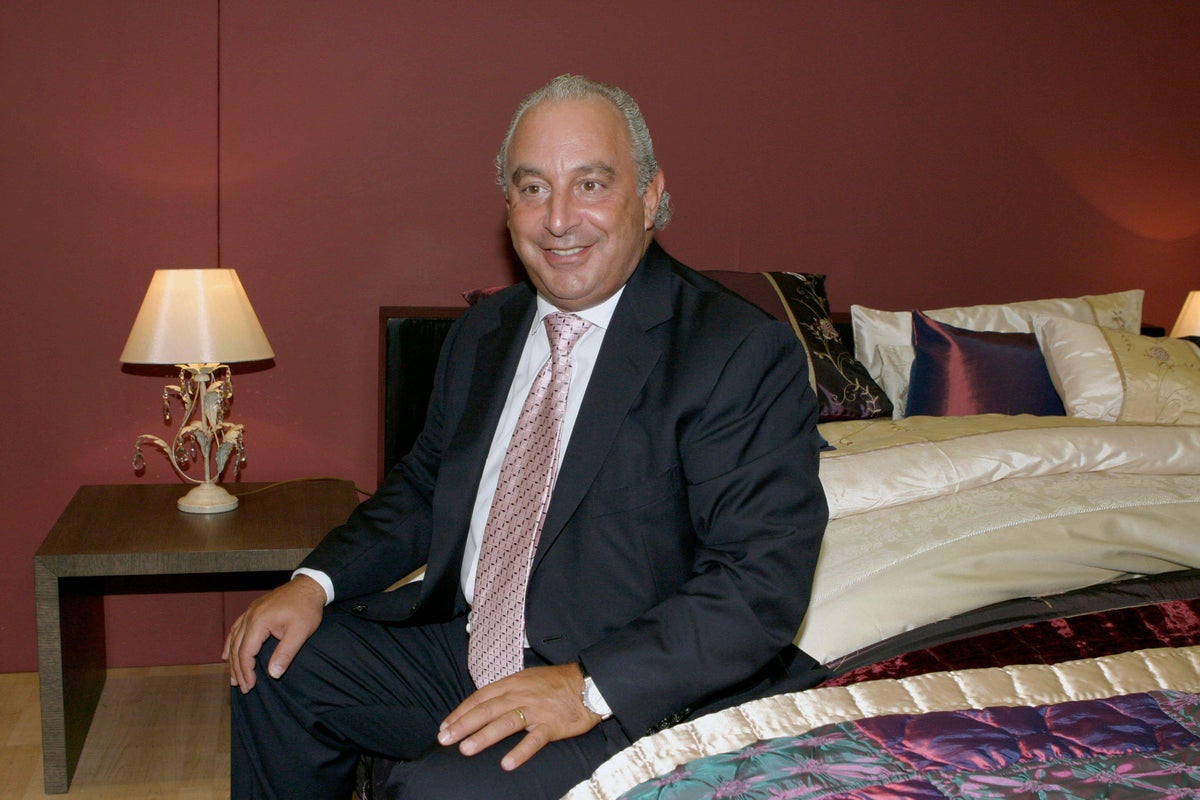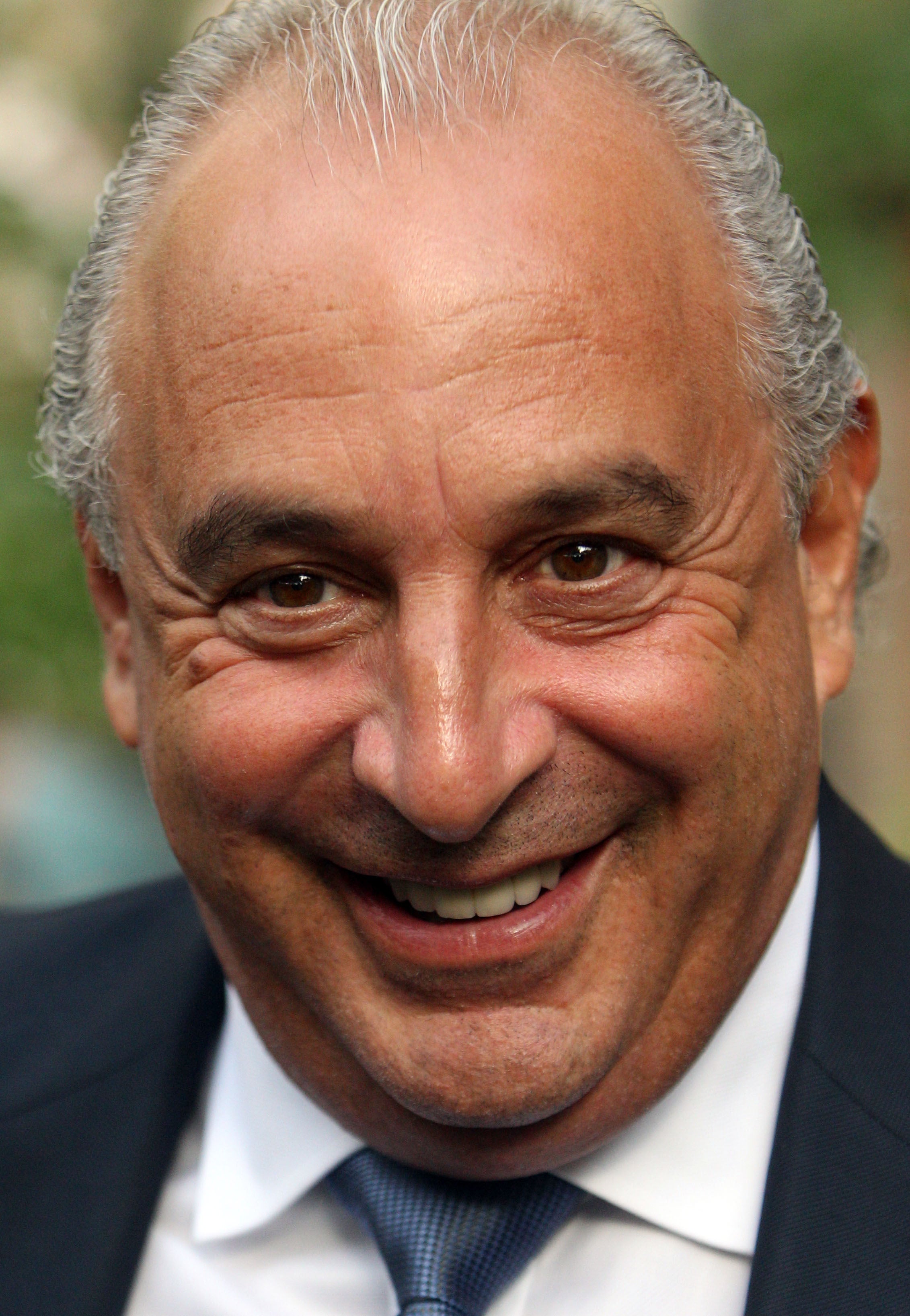
Sir Philip Green’s human rights were not breached when he was named in Parliament as the holder of an injunction against the Telegraph newspaper, the European Court of Human Rights has ruled.
The former Arcadia Group chairman took a case to Strasbourg over the use of parliamentary privilege to make information subject to injunctions public.
Sir Philip previously obtained a court injunction preventing the Telegraph from publishing allegations of misconduct made against him by five ex-employees who had agreed to keep the details of their complaints confidential under non-disclosure agreements.
However, he was named in Parliament as the businessman behind the injunction against the newspaper by Labour peer Lord Hain in October 2018, using parliamentary privilege.
Parliamentary privilege allows MPs and peers absolute freedom of speech, meaning they cannot be prevented from speaking in the House of Commons or House of Lords by the threat of libel action, or any other sanction.

In a complaint lodged in April 2019, Sir Philip’s lawyers told justices in Strasbourg that Lord Hain’s statement made his breach of confidence claim against the Telegraph futile, violating his right to a fair trial, and that the statement also breached his right to privacy.
Lawyers for the Monaco-based businessman challenged the absence of controls on the power of parliamentary privilege to reveal information covered by an injunction.
On Tuesday, a panel of eight judges ruled against Sir Philip, finding his right to privacy under Article 8 of the convention had not been violated.
A majority of the judges also found that his complaints brought under Article 6, the right to a fair hearing, and Article 13, the right to an effective remedy, were “inadmissible”.
Fourth Section president Lado Chanturia and Deputy Registrar Simeon Petrovski said: “Given that the national authorities, most notably parliaments, are better placed than the international judge to assess the need to restrict conduct by a member … the court would require strong reasons to substitute its view for that of Parliament.”
The judges added: “Given that parliamentary speech which violates a judgment of a domestic court risks undermining both the judicial process and the constitutional balance between the legislature and the judiciary, there is undoubtedly force to the argument that the scope for restriction should accordingly be greater.
“However, it is not for the court to assess the value of parliamentary speech or its contribution to ‘meaningful debate’.
They later said the background to the case was “undoubtedly of considerable concern”.
Judgment Green v. the United Kingdom - use of parliamentary privilege to disclose confidential informationhttps://t.co/sxTMauQyKe#ECHR #CEDH #ECHRpress pic.twitter.com/6CumeDyyFn
— ECHR CEDH (@ECHR_CEDH) April 8, 2025
The judges continued: “As the United Kingdom Parliament is aware of the problem of parliamentary privilege being used to frustrate injunctions and has addressed the need for further controls, the court considers that for the time being it may be left to the respondent state, and Parliament in particular, to determine whether and to what extent ex ante and ex post controls might be necessary to prevent its members from revealing information subject to privacy injunctions.”
Lord Hain’s disclosure came a day after the Telegraph ran a front-page story saying it was prevented from naming a “mystery businessman”, with the headline “The British #MeToo scandal which cannot be revealed”.
The newspaper later reported that Sir Philip allegedly groped a female executive and bought her silence with more than £1 million, and referred to a black employee “throwing spears in the jungle” while drawing attention to his dreadlocks.
Sir Philip “categorically and wholly” denied being guilty of any “unlawful sexual or racist behaviour”, in a statement issued hours after the peer’s intervention in the House of Lords.
He also previously accused the paper of “pursuing a vendetta” against him and his staff.







